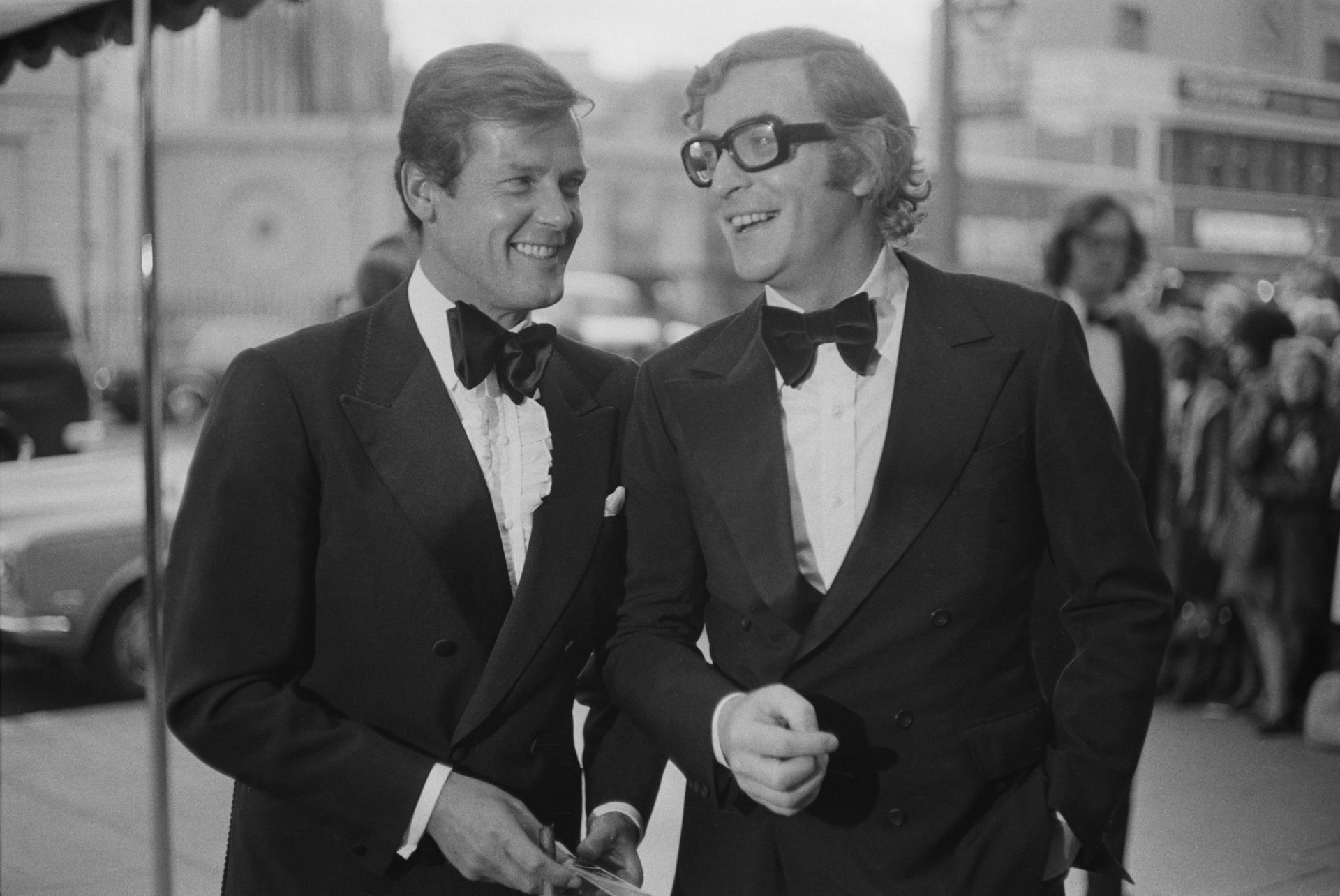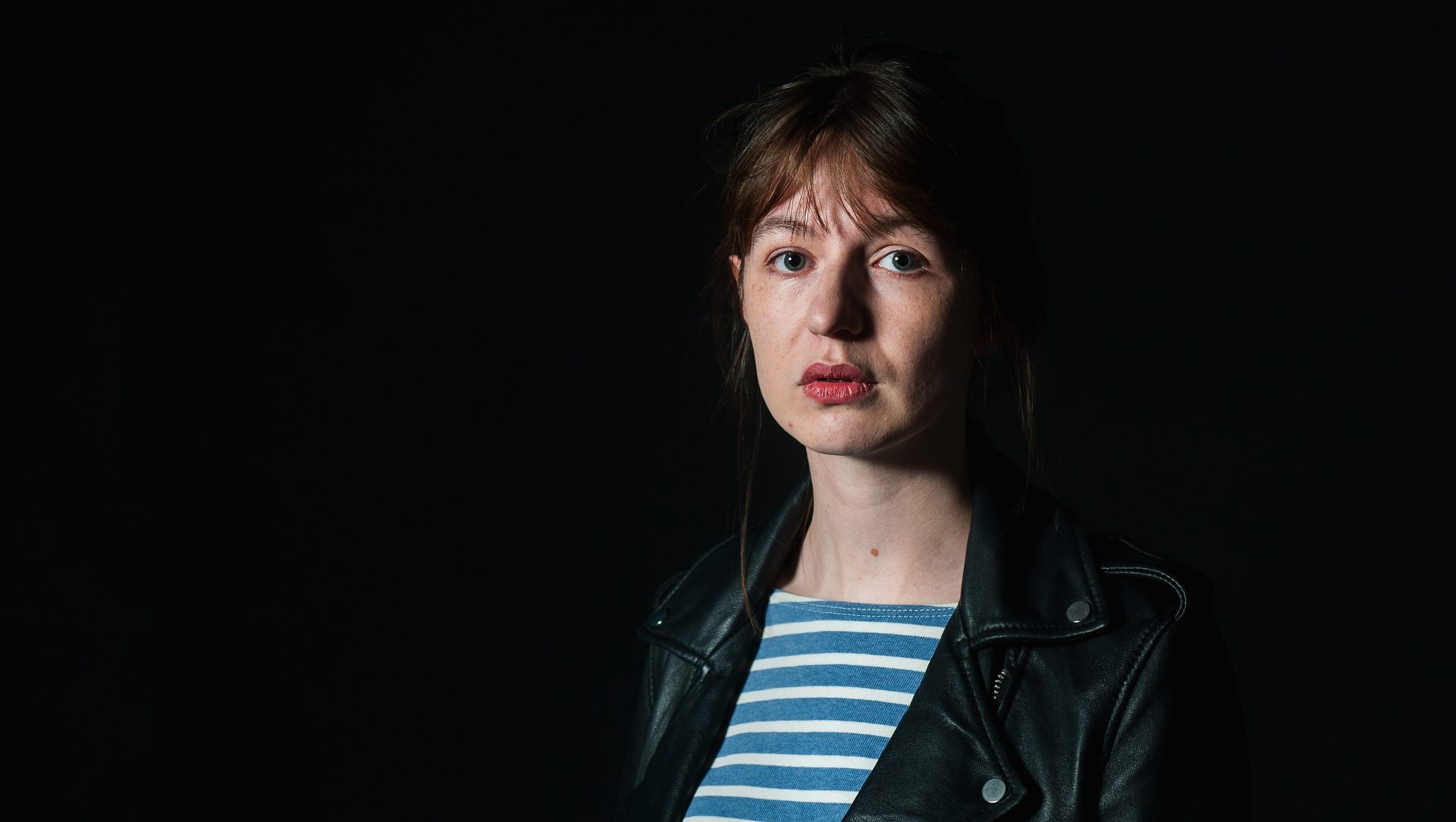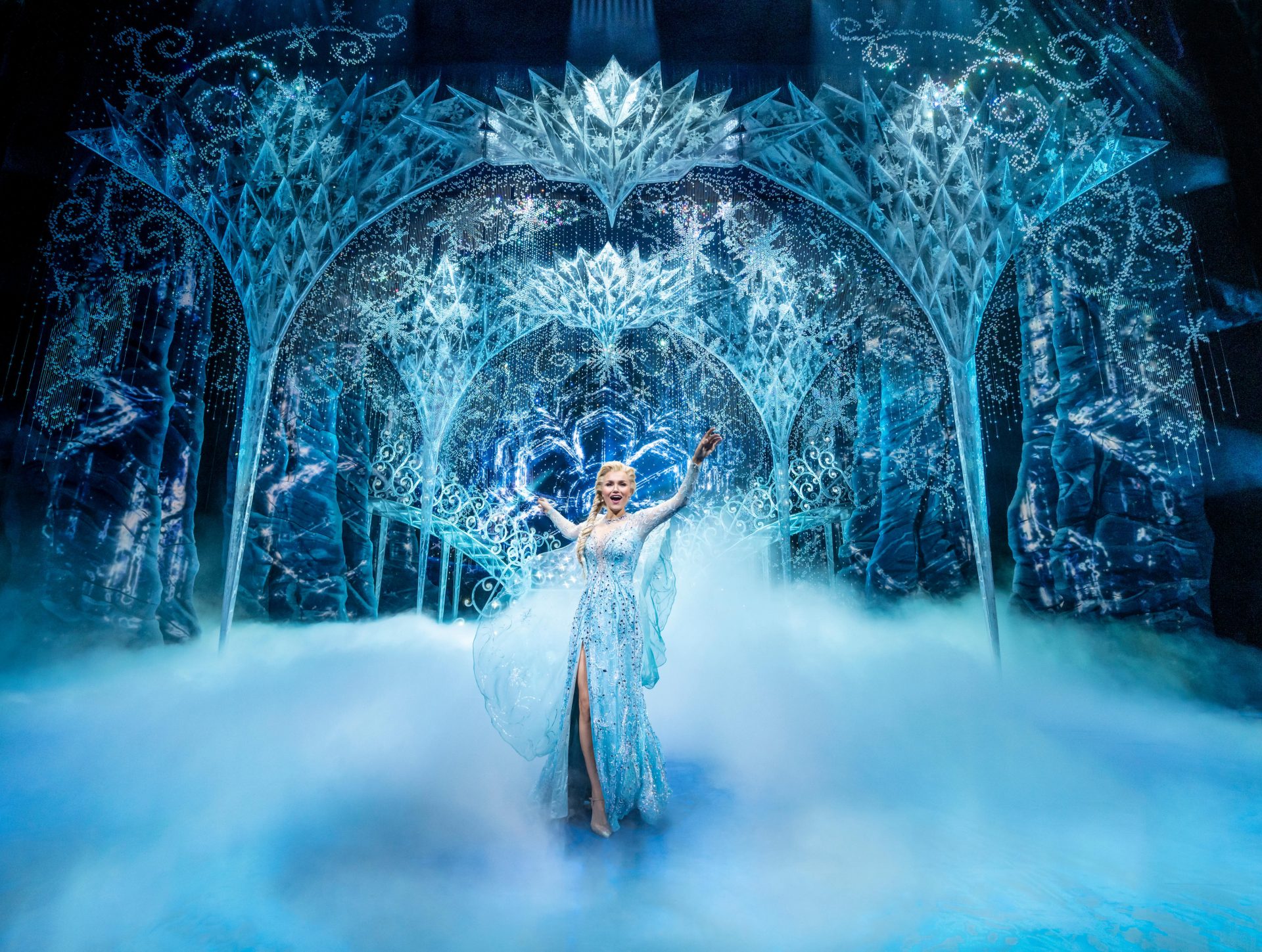I remember sitting in an office during the EU referendum campaign of 2016 and playing a game with colleagues, asking them what side they reckoned members of the acting profession were going to take on Brexit. I randomly called out the names of stars, and it’s funny, but we instinctively got every one of the answers right: Michael Caine – Leaver; Joan Collins – Leaver; Roger Moore – Remainer…
There is this idea some people have that actors are always liberal, progressive, internationalist, tolerant types, but, of course, that’s never been true. Laurence Olivier was, for instance, a great supporter of Margaret Thatcher. Anthony Quayle even narrated a party political broadcast for her.
I remember, too, visiting Los Angeles during the Trump years and being astonished by how many supporters he had in that city. How many liberals there were, too, just keeping quiet because they knew it was staunchly Republican money that kept so many of the cameras rolling.
Any good publicist will tell an actor to keep off politics in interviews as what is there to be gained by alienating any fans, let alone casting directors and producers? Stephen Fry – very obviously now no great fan of Brexit and Boris Johnson – was one of many big names who largely kept their own counsel during the referendum campaign presumably for that reason. Still, as I make it clear in my book Star Turns – inspired by the series that ran in The New European – a lot of his fellow actors felt too strongly about it not to speak out.
Sir Roger Moore, as an ambassador for UNICEF, knew very well he always had to be politically neutral, but no doubt precisely because of his role, and the travelling he had done and the people he’d met, he left his Twitter followers in little doubt about what he was secretly thinking during the campaign.
All the time with actors, as with everyone else, the position they took on Brexit was often more about their personalities than the hard facts. Moore, when I had interviewed him, had talked about the difference between him and his old friend Sir Michael Caine. Caine believed he had got to where he had in life because of hard graft and exceptional talent. Moore, by contrast, understood his stardom was about luck. There was maybe the whole Brexit debate in microcosm between the two actors – the proud individualist versus the modest internationalist.
Then of course you got into the different clans and networks of the acting world. Elizabeth Hurley became the poster girl for the Leave movement, which inevitably meant that the arguments of her friend William Cash, the journalist son of the prototype Brexiter Sir William Cash, had proved more persuasive to her than those of her former partner, Hugh Grant.
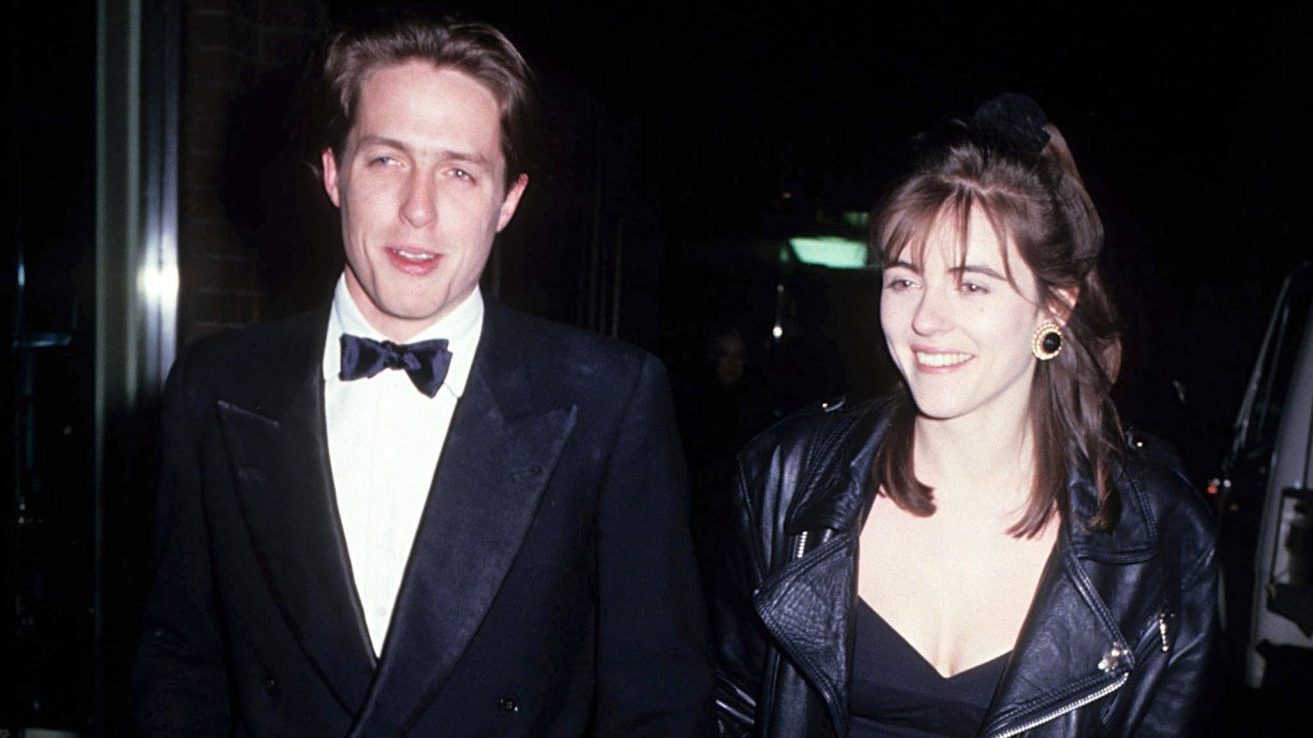
At the Daily Telegraph, we were always encouraged to write disparagingly of Grant – on account of the position he took at the Leveson inquiry into press ethics – and I am afraid I gave him a few halfhearted kicks myself during that phase of my career. On his campaigning on Brexit – both before and after the vote – I came to see in him a crystal clear patriotism and I’m rather proud of the fact this forgiving man has now become a bit of a mate.
In the Fox clan, there were similar re-alignments and divided loyalties, with Edward, another prototype Brexiter who had campaigned for Sir James Goldsmith’s short-live Referendum Party, finding himself alienating his son Freddie, who took the view that his father was a “f*g idiot.” As bad luck would have it, Edward found himself on the West End stage with Frances Barber not long after the vote to leave, when the redoubtable actress, so outspoken on Twitter, agreed to keep her own counsel with Edward, whom she saw as an annoying, if charming, lost cause.
Sir Patrick Stewart, meanwhile, knew very well that he had absolutely nothing to gain beyond a tsunami of abuse heading his way online when he agreed to talk to me for The New European in the summer of 2018, when he robustly took Jeremy Corbyn to task for his ambiguous position on Brexit. Still, he did it all the same, because, as he said, he wanted his grandchildren to have the chances he’d had.
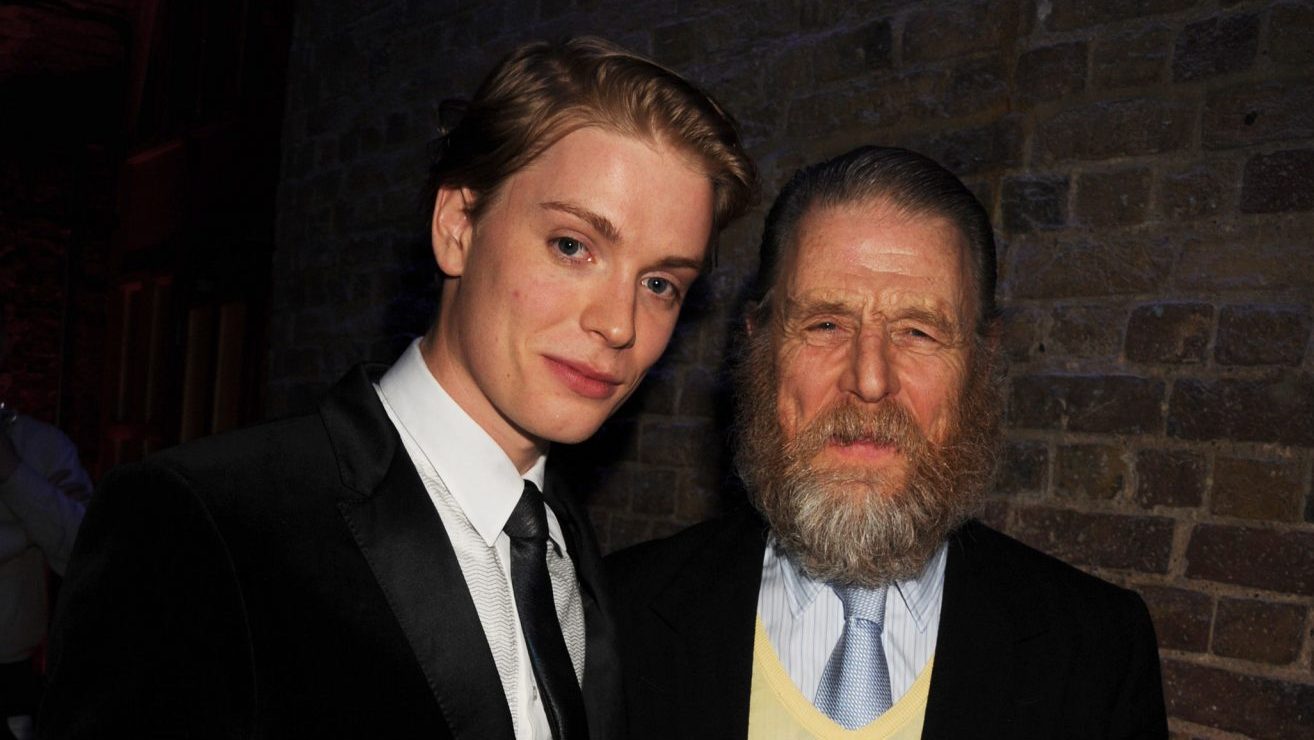
On the other side of the argument, there was Sarah Miles, who I interviewed four months before the EU referendum and was the first person to make me aware the ground I was standing on wasn’t nearly as stable as I’d imagined. The Ryan’s Daughter star had written not only a poem about Brexit but also a song with the repeated refrain “C’mon, old England,” which I sat through, stony-faced, as she belted out all five verses.
I’d had a lovely day with her at her mansion in the Sussex countryside, playing table tennis and her making an impromptu lunch for me, and yet the moment the subject had come up, we both knew we could never be friends. When we said our farewells, it was clear we’d be unlikely to see each other ever again.
In terms of the most striking arguments against Brexit in the book, maybe it was Lord Bernard Delfont, the great film and television impresario, who put it most eloquently, almost three decades before the word had ever been uttered. His family fled the pogroms of the Russian Empire not long after the turn of the last century and all of his siblings went on, like him, to find fame and fortune.
“There’s something about people who come to this country with no money,” he said. “They’d often go far because they are prepared to work hard, prepared to give more of themselves. They are people who know how privileged they are.”
Ronnie Corbett saw what was coming better than me, saying how weak a man David Cameron had seemed when he’d met him as prime minister at a Downing Street reception. He worried, too, about a generation coming up that was still not alert to how fragile a commodity freedom actually is because they’d never seen – as he had – war.
I got to see the wisdom a second time with Moore. After Cameron stepped down, I took the view that everything possible should be done to ensure Theresa May won the Tory leadership contest and not Boris Johnson. I agreed when Fiona Hill, Theresa May’s right-hand woman, asked me to try to find some celebrity supporters for her boss. They had especially set their heart on Moore introducing the home secretary at a campaign event to subliminally cast May in a kind of M role to Moore’s Bond.
So I walked into May’s campaign headquarters and very self-importantly put in a call to Moore. It was a short conversation I had. Moore was adamant it was the last thing in the world he wanted to do.
Quite apart from trying to maintain his political neutrality, he explained he had earlier personally tried to lobby May to push through legislation – long promised by the Tories – to ban the use of wild animals in circuses. Her tardiness and lack of passion had convinced him she wasn’t right for the job.
He told me he was no fan of Johnson, but he just couldn’t see her premiership going anywhere at all. Moore was, in common with a lot of actors, a lot brighter than he liked to make out.
Star Turns, by Tim Walker, is published by SunRise on September 16


